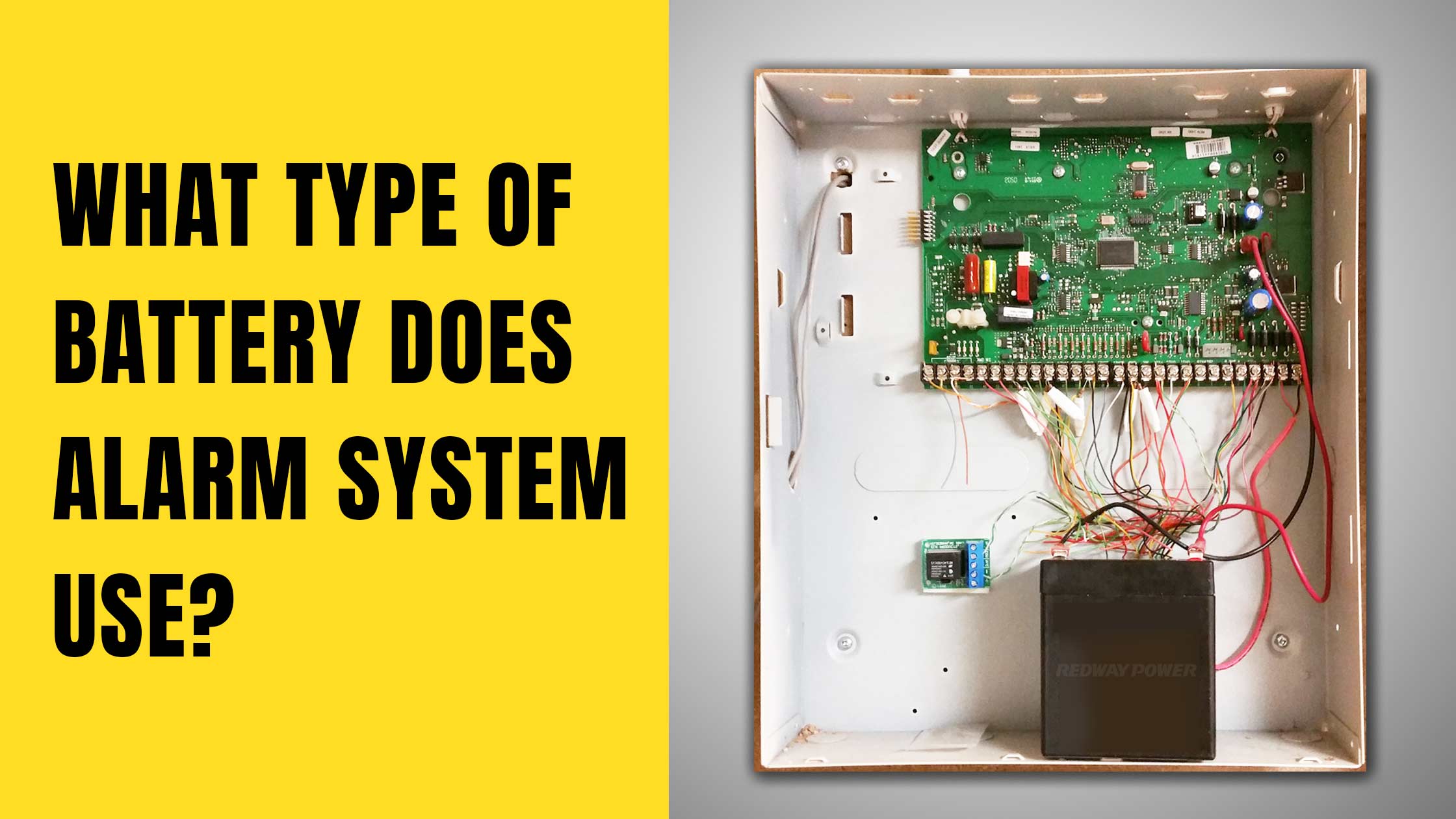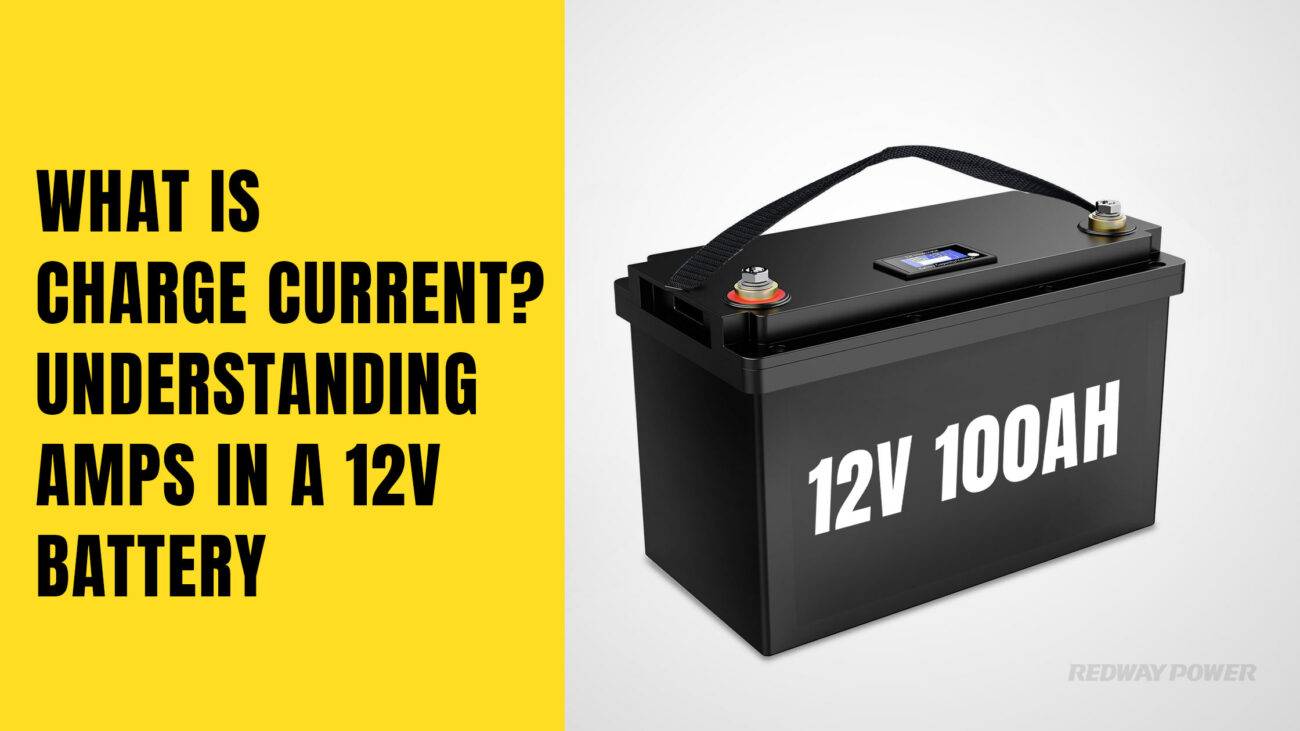Alarm systems typically use sealed lead-acid (SLA) batteries for reliable backup power. SLA batteries are maintenance-free and provide consistent power, ensuring uninterrupted operation during outages.
Types of batteries commonly used in alarm systems
Common batteries for alarms include CR123A, CR2025, and AA. Opt for lithium for longer-lasting power. Lead-acid suits tough tasks like boats. Nickel-Cadmium withstands extreme temps. Lithium-Ion offers longevity and fast charging. Lithium Iron Phosphate ensures safety. Choose based on needs and budget for reliable power.
1. Different Types of Batteries:
- CR123A, CR2025, and AA batteries are commonly used in alarms.
- Each type has unique features like long-lasting power, durability, and safety.
- Choosing the right battery depends on where it’s used and how much power is needed.
2. Factors to Consider:
- Lithium batteries last longer, making them great for alarms.
- Lead-acid batteries are tough and suitable for demanding situations.
- Nickel-Cadmium batteries work well in extreme temperatures.
3. Making the Best Choice:
- Consider your needs and budget when selecting a battery.
- Look for reliability and longevity to ensure your alarm system stays powered when needed.
In summary, pick a battery that matches your alarm system’s requirements for reliable performance and peace of mind.
Pros and cons of each type of battery
Selecting the right battery type is essential for an alarm system’s reliability. Here are common types used:
- Lead-Acid Batteries: Known for durability and cost-effectiveness, these require regular maintenance but offer consistent power output.
- Nickel-Cadmium (NiCd) Batteries: With high energy density and temperature tolerance, these are suitable for outdoor use but may suffer from limited capacity and memory effect.
- Lithium-Ion (Li-ion) Batteries: Offering high energy density and longevity, these require minimal maintenance and have fast charging times, though they’re pricier upfront.
- Lithium Iron Phosphate (LiFePO4) Batteries: Known for excellent performance and safety features, these provide high energy density and thermal stability.
Factors to consider when choosing a battery for your alarm system
Consider battery life, compatibility, capacity, environment, and cost when choosing your alarm system battery. Opt for longer lifespans, check compatibility, ensure sufficient energy storage, select for environmental conditions, and balance upfront and long-term costs. Consider these factors:
- Battery Life: Opt for longer lifespan batteries to reduce maintenance and ensure consistent backup power during outages.
- Compatibility: Check your alarm system’s specifications to ensure compatibility with the chosen battery type.
- Capacity: Choose a battery with sufficient energy storage capacity based on your specific needs and usage patterns.
- Environmental Conditions: Assess the environment where your alarm system operates to select a battery that can withstand temperature fluctuations and humidity levels.
- Cost-effectiveness: Evaluate both upfront costs and long-term value to ensure the chosen battery provides reliable performance without breaking the bank.
Tips for maintaining and replacing alarm system batteries
Maintaining and replacing alarm system batteries is crucial for ensuring uninterrupted security. Follow these tips:
- Regularly check battery levels: Monitor the battery level manually every few months, even if there’s a low-battery indicator.
- Keep batteries clean: Clean terminals regularly to prevent dust accumulation, which can affect performance.
- Replace batteries as recommended: Follow the manufacturer’s guidelines for timely battery replacement based on your system.
- Test backup batteries periodically: Ensure backup batteries are functional by testing them occasionally.
- Store spare batteries correctly: Keep spare batteries in a cool, dry place away from extreme temperatures.
- Dispose of old batteries properly: Adhere to local regulations for safe disposal of old batteries to avoid environmental harm.
By following these simple steps, you can maintain reliable performance and security for your alarm system.
 tem
tem
The future of alarm system batteries and potential advancements
Future alarm system batteries promise safer, more efficient power. Solid-state batteries, using solid materials instead of liquid, offer increased energy storage and faster charging, set to revolutionize electric vehicles and alarms. These advancements ensure safer everyday use with improved stability and longer-lasting performance, shaping the future of battery technology.
1. Solid-State Batteries:
- New batteries without liquid inside, using solid materials instead.
- They hold more energy, charge faster, and are safer.
- Expected to revolutionize electric vehicles and alarm systems.
2. Safer and Stable Tech:
- Future batteries are safer with less risk of fires.
- These changes will make batteries safer for everyday use.
3. Long-lasting Performance:
- Solid-state batteries outlast current ones, with benefits like lighter weight and faster charging.
In summary, expect safer, longer-lasting batteries with solid-state technology shaping the future of alarms and electric vehicles!




